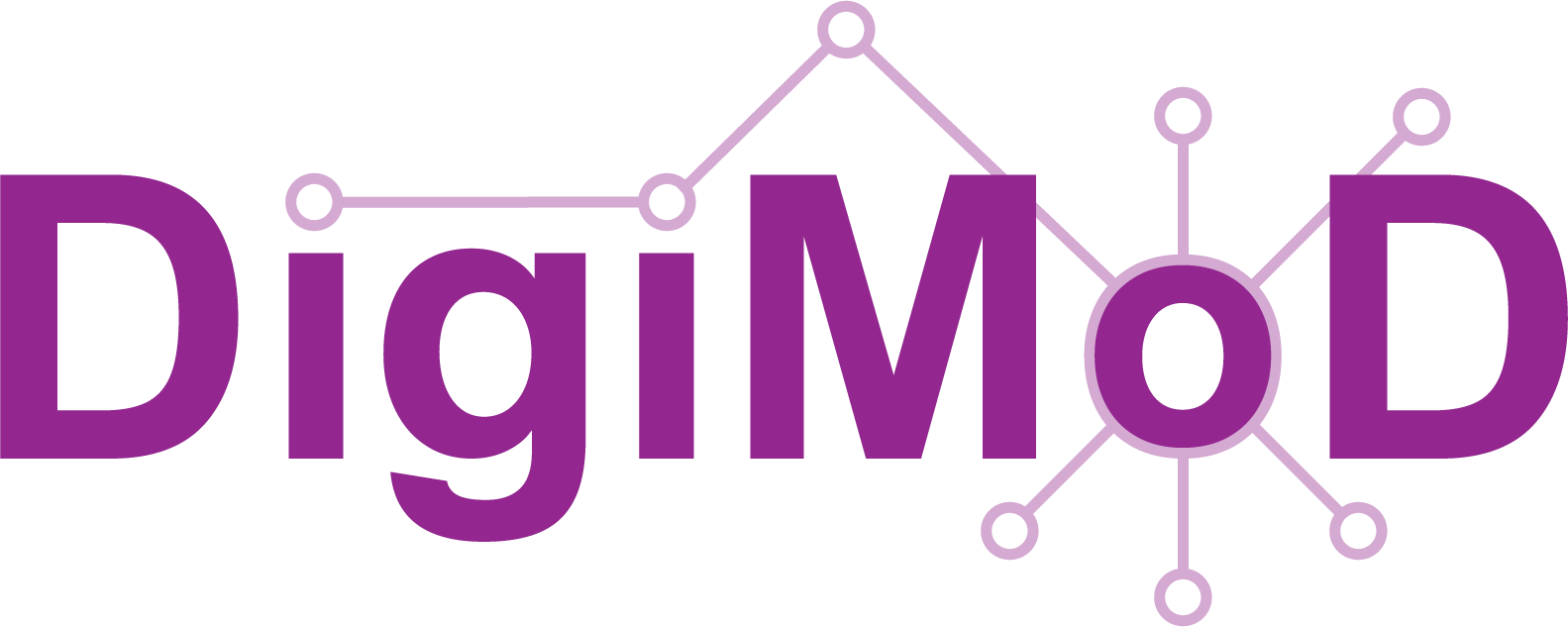On January 23, 2024, Prof. Dr. Pablo Jost (Ludwig-Maximilians-University of Munich) presented and discussed our collaborative work on Mapping a Dark Space: Challenges in Sampling and Classifying Non-Institutionalized Actors on Telegram, co-authored by Dr. Annett Heft and Dr. Kilian Buehling (both Freie Universität and Weizenbaum Institute), Maximilian Zehring and Emese Domahidi (both Ilmenau Technical University) as well as Heidi Schulze (Ludwig-Maximilians-University of Munich) and Hendrik Bitzmann (former member of the Bundesarbeitsgemeinschaft “Gegen Hass im Netz”).
The presentation took place at the Social Media Observatory Starter Workshop on Telegram, hosted by the Leibniz-Institute for Media Research – Hans-Bredow-Institut in Hamburg. The workshop introduced participants to Telegram’s features, data collection methods, and ethical considerations for research.
The paper provides a literature review on the challenges in recent Telegram research. While the platform offers valuable data access for studying non-institutionalized activism, researchers face significant theoretical and methodological hurdles in defining, selecting, sampling, and classifying relevant actors and content. The article specifically highlights the complexities of working with heterogeneous and often non-institutionalized groups, outlining key methodological challenges in research design.
We thank the Leibniz-Institute for Media Research – Hans-Bredow-Institut for organizing and hosting this insightful workshop.
The full paper is available as an open-access publication. The paper, “Mapping a Dark Space: Challenges in Sampling and Classifying Non-Institutionalized Actors on Telegram” was published in the journal Medien & Kommunikationswissenschaft and can be found here: https://doi.org/10.5771/1615-634X-2023-3-4-212.
